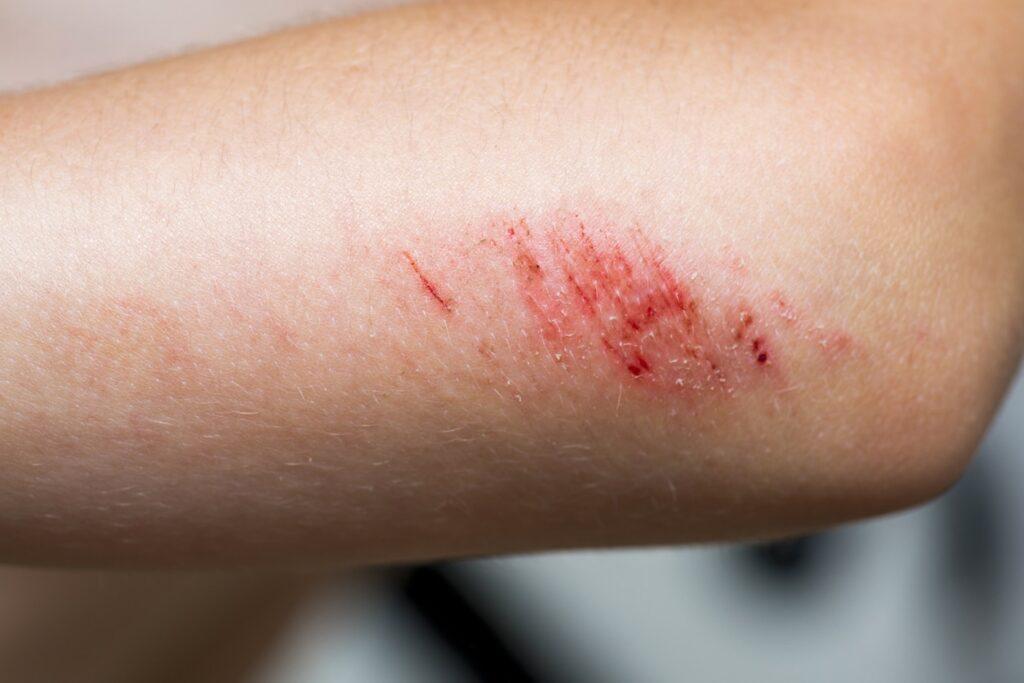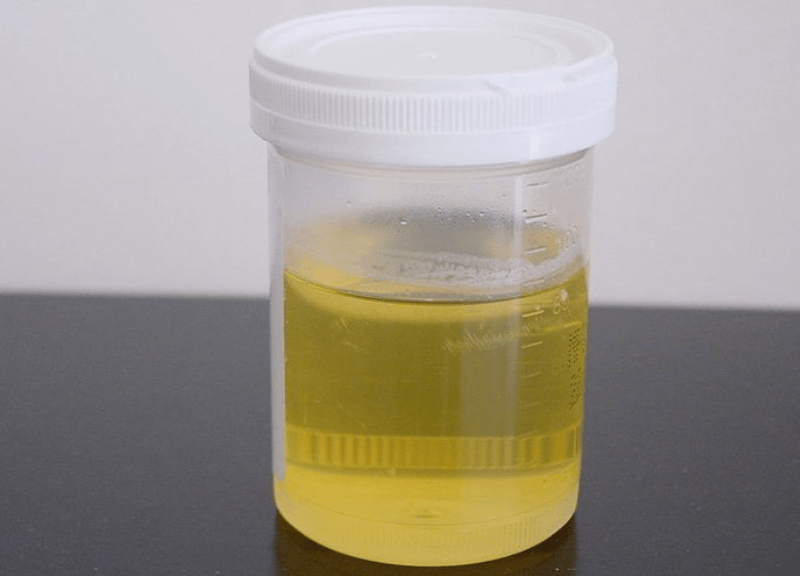This guide will help you manage your skin injury and condition. Our skin is a remarkable organ that serves as a protective barrier between our bodies and the external environment.
However, it is susceptible to various injuries and conditions that can be uncomfortable and concerning. Whether it’s a minor scrape, a pesky pimple, or a more severe infection, knowing how to deal with skin issues is essential for maintaining healthy and radiant skin.

This comprehensive guide explores practical strategies and…
Treatments for almost every skin injury and condition.
- Cuts, Scrapes, and Abrasions:
Accidental cuts and scrapes are common occurrences. To deal with these injuries effectively, follow these steps:
a. Clean the wound gently with mild soap and water.
b. Apply an antiseptic solution to prevent infection.
c. Cover the wound with a sterile bandage or dressing.
d. Change the bandage regularly and keep the wound clean and dry. - Burns:
The extent of burns can fluctuate depending on the size and depth of the impacted region, running the gamut from insignificant to critical. Here’s what you can do:
a. For minor burns, run cool water over the burn to alleviate pain and prevent further damage.
b. Apply an antibiotic ointment or aloe vera gel to soothe the burn and promote healing.
c. Cover the burn with a non-stick bandage.
d. Seek medical attention for severe burns or if blisters develop. - Acne and Breakouts:
Dealing with acne and breakouts requires a consistent skincare routine:
a. Cleanse your face twice a day with a gentle cleanser.
b. Use non-comedogenic moisturizers and cosmetics to avoid clogging pores.
c. Incorporate over-the-counter acne treatments containing ingredients like benzoyl peroxide or salicylic acid.
d. Avoid picking or squeezing pimples, which can worsen inflammation and lead to scarring.
e. Consult a dermatologist for persistent or severe acne. - Eczema and Dry Skin:
Eczema or environmental factors can result in dry, itchy, and inflamed skin. Here’s how to manage it:
a. Keep your skin hydrated by using a moisturizer regularly.
b. Use mild, fragrance-free soaps and detergents.
c. Avoid hot showers and baths, as they can strip the skin of natural oils.
d. Wear soft, breathable fabrics to minimize irritation.
e. Consult a dermatologist for prescription medications or specialized treatments. - Allergic Reactions:
Allergic reactions can manifest as rashes, hives, or itching. Follow these steps to address them:
a. Identify and avoid the allergen or trigger, if possible.
b. Wash the affected area with cool water and a mild cleanser.
c. Apply a soothing, fragrance-free moisturizer or calamine lotion to relieve itching.
d. Over-the-counter antihistamines can help alleviate symptoms.
e. Seek immediate medical attention if you experience difficulty breathing or a severe allergic reaction (anaphylaxis). - Sunburn:
Sunburns are a result of excessive sun exposure. Here’s how to treat and prevent sunburn:
a. Take a cool bath or shower to cool the skin.
b. Apply aloe vera gel or a moisturizer containing aloe to soothe the burn.
c. Drink plenty of water to stay hydrated.
d. Wear protective clothing and use sunscreen with a high SPF.
e. Seek medical attention for severe sunburns or if blisters develop.
Conclusion:
When dealing with skin injuries and conditions, it’s important to remember that prevention is vital. Maintaining a healthy skincare routine, protecting your skin from sun damage, and avoiding irritants can go a long way in promoting skin health. However, accidents and conditions can still occur. This guide provides helpful guidelines that will equip you with the knowledge to address almost any skin injury or illness effectively. Remember, if a skin issue persists or worsens, it’s always best to consult a dermatologist for professional advice and treatment.



